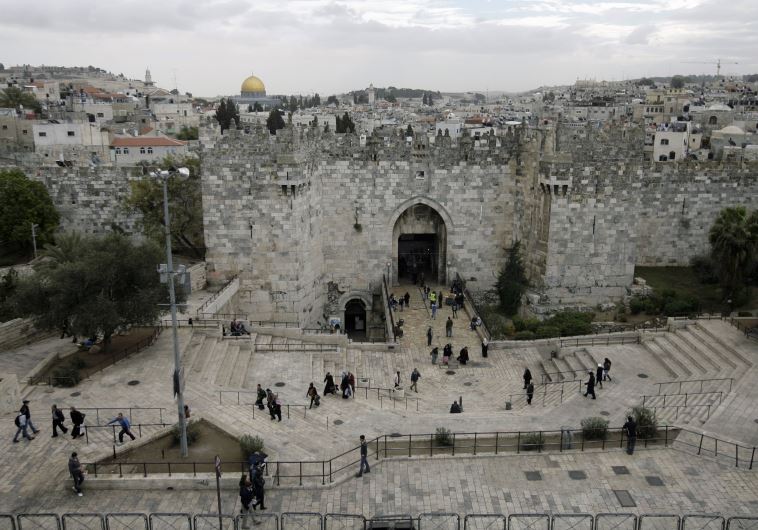Digging for ties
The City of David area is probably the most excavated site in Israel and yet after 150 years of digging the surprises keep coming.
 Passers-by walk near the Damascus Gate in Jerusalem's Old City [File[(photo credit: REUTERS/AMMAR AWAD)Updated:
Passers-by walk near the Damascus Gate in Jerusalem's Old City [File[(photo credit: REUTERS/AMMAR AWAD)Updated: